On last week’s show I listed the first of 10 reasons why stations aren’t successful. I just made these up, so perhaps you’d like to make up your own. It’s fascinating how many notes I’ve received from those saying, “Yes, that’s exactly what’s happening at our station.”
In the words of Casey Kasem, and now, back to the countdown…
#7 – Lack of encouragement
Too often people are thrown into jobs, left alone, and spoken to only when they need correction. How much more rewarding our work would be if we were encouraged in the things that help the station fulfill its purpose and achieve its goals. We know this as human beings and as parents but we often fail to encourage at work.
“Outstanding leaders go out of their way to boost the self-esteem of their personnel. If people believe in themselves, it’s amazing what they can accomplish.” – Sam Walton
“The more I’m exposed to the inner workings of other high capacity teams, the more I see the consequences of encouragement given… and encouragement withheld. Support matters.” – Mark Beeson
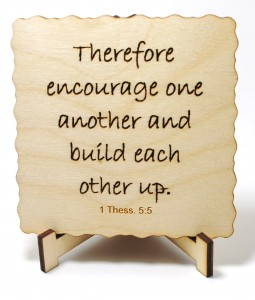
#6 – Lack of training
For the last several years at CMB’s Momentum I have participated in coaching a handful of talent that desire to grow in their craft. Without exception each one begins by sharing they get little help at their local station. They are hungry to learn and grow. My friend Nelson at The Fish in Portland, a 20-plus-year veteran of Portland morning radio, told me he had learned more in his first years at The Fish than all his many years in mainstream radio.
“In life we must be willing to coach and be coached, either one alone will leave us empty.” – David L. Cook “Golf’s Sacred Journey”
“It is impossible to learn what is outside ourselves from inside ourselves.” – Joseph P. Battaglia
#5 – Silos
The left hand doesn’t know what the right hand is doing. I’ve heard of one station where programming decisions are regularly made without the program director even present.
“Functionally, silos form and operate when the people in one area simply want to do what they do, the way they want to do it without thinking about whether what they’re doing is going to effect anyone else. Or how. They just act, irrespective of what the impact may be outside their own workspace. And it’s happening at every level.” – F. John Rey
I know of one organization that would be transformed if only one simple thing changed – that the people most qualified to make a decision in a certain area actually made that decision.
Stay tuned net week for more fun…

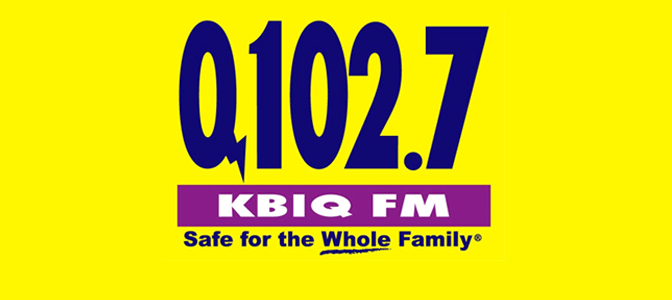

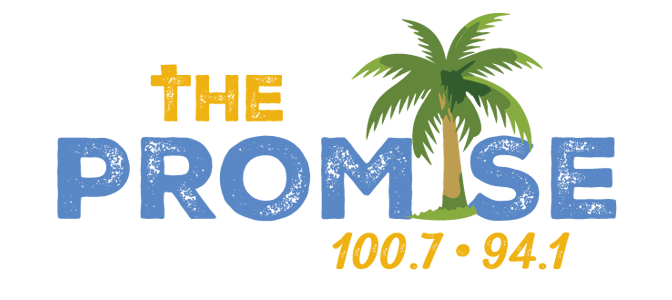


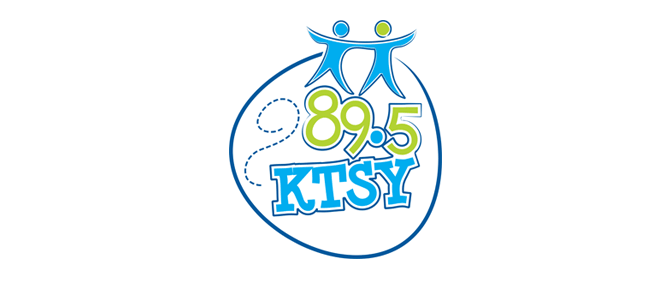

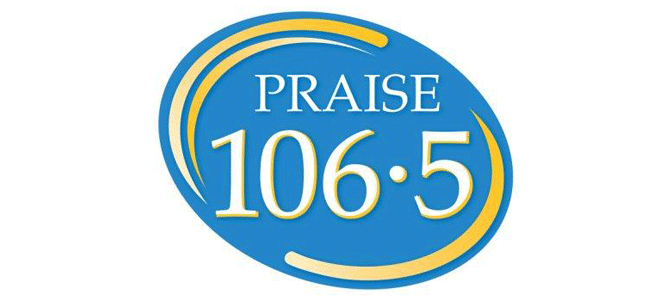

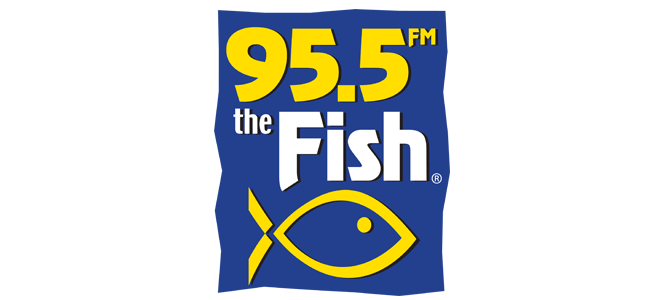
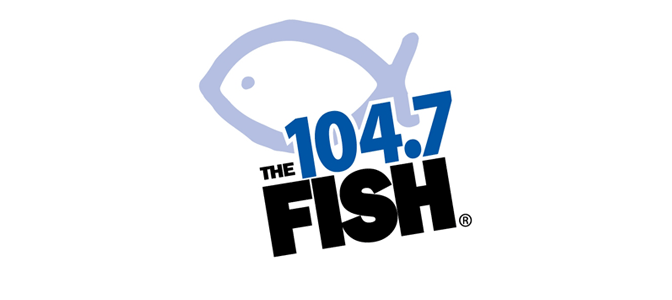





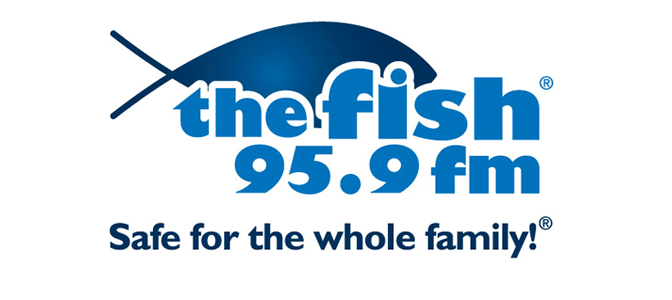

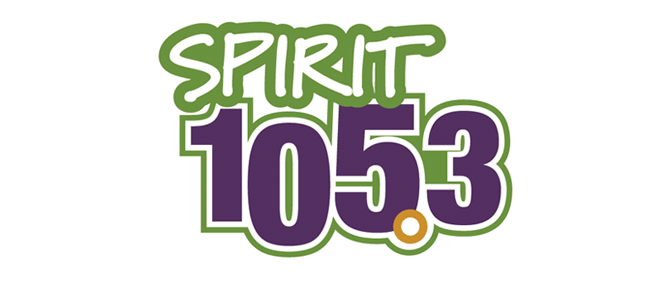
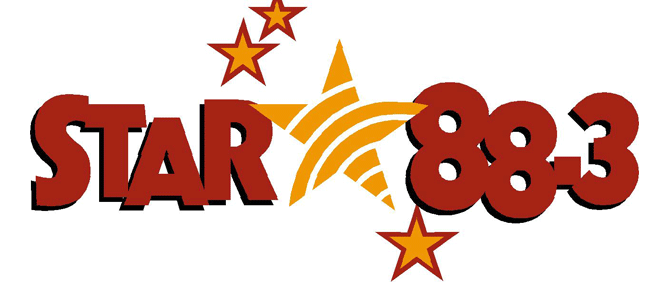

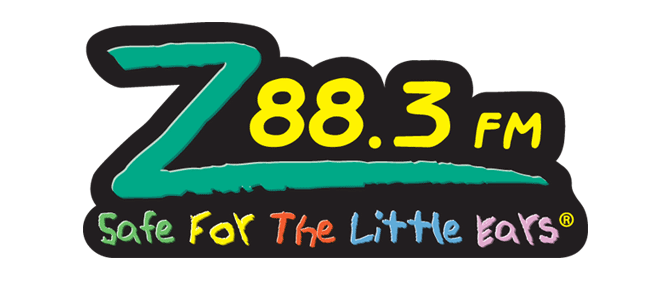

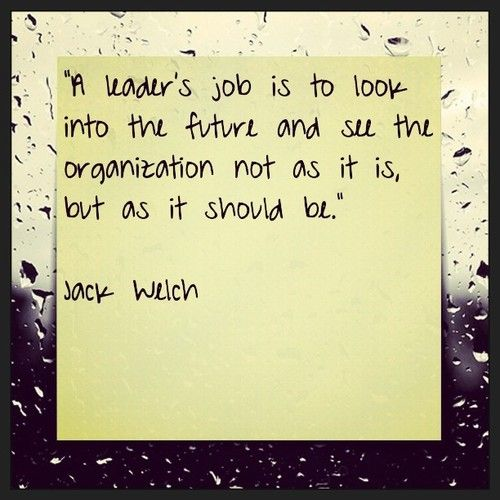


 I arrived at Easter Sunday church during a torrential Florida downpour. Streets were flooding and the church parking lot looked like it could host a water ski tournament.
I arrived at Easter Sunday church during a torrential Florida downpour. Streets were flooding and the church parking lot looked like it could host a water ski tournament.